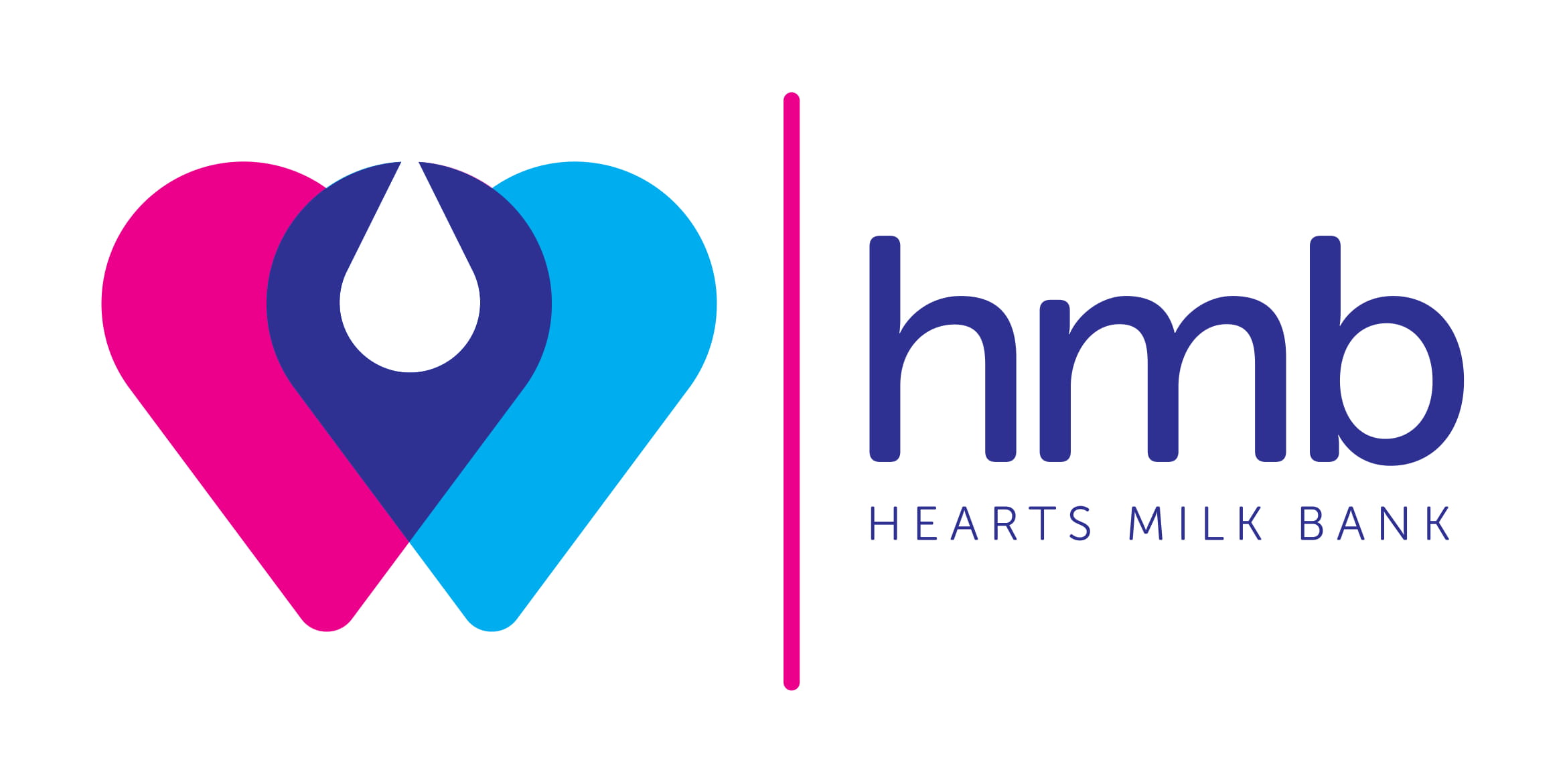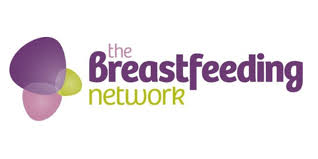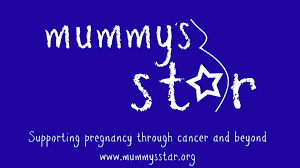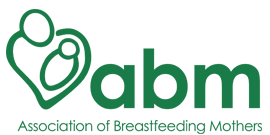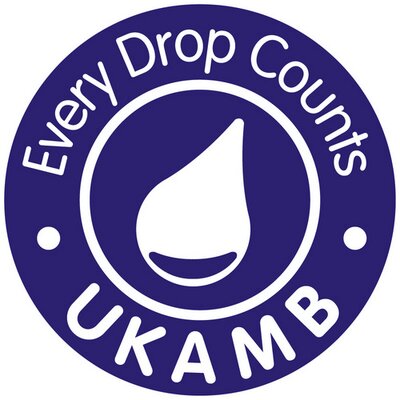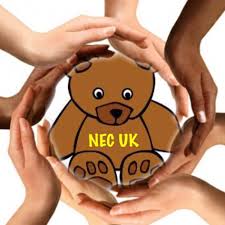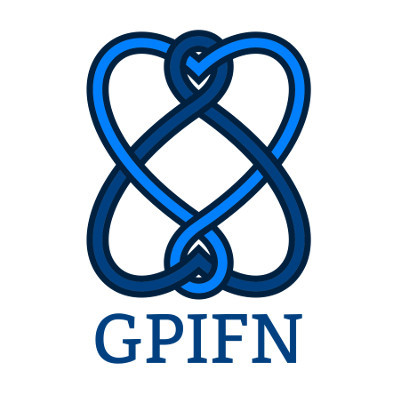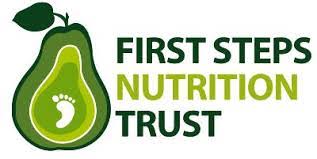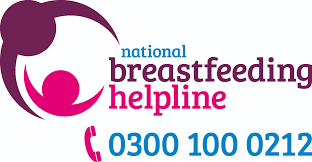Care of the most vulnerable babies in neonatal units has been difficult to manage since the COVID-19 pandemic began, without knowing fully how this new disease affects infants and whether it can be transmitted from the mother.
This new rapid review for the The Royal College of Midwives, to which HMF cofounder Dr Natalie Shenker contributed, makes a series of key recommendations. Critically, there is no conclusive report of the transmission of coronavirus through breastfeeding or human milk. It is more likely that the breast immune system chops up the virus, and presents fragments to the baby through milk to help stimulate the baby’s immune response. Human milk has also been shown to contain antibodies against the COVID-19 virus, as well as a series of other components that protect against viral and other infections. And three groups have now shown that pasteurisation of donor milk completely inactivates virus spiked (artificially innoculated) into samples of milk.
Skin-to-skin contact and kangaroo mother care help the baby regulate their temperature, blood glucose levels, respiratory rates and heart rates (babies just like being close), and all this helps attachment and breastfeeding. We’ve heard so many heartbreaking stories of mothers separated from their babies, and weeks later still struggling to establish their supply. The team at The Hearts Milk Bank are working with several mums to try to make this a reality.
In line with the systematic review this week from the World Health Organization (WHO), the recommendations state that mothers and fathers should be supported to be with their babies, mothers should be supported to breastfeed, and enabled to access donor milk when supplementation is needed (in the context of optimal lactation support).
You can read the full report here, and please share to your colleagues and network.

